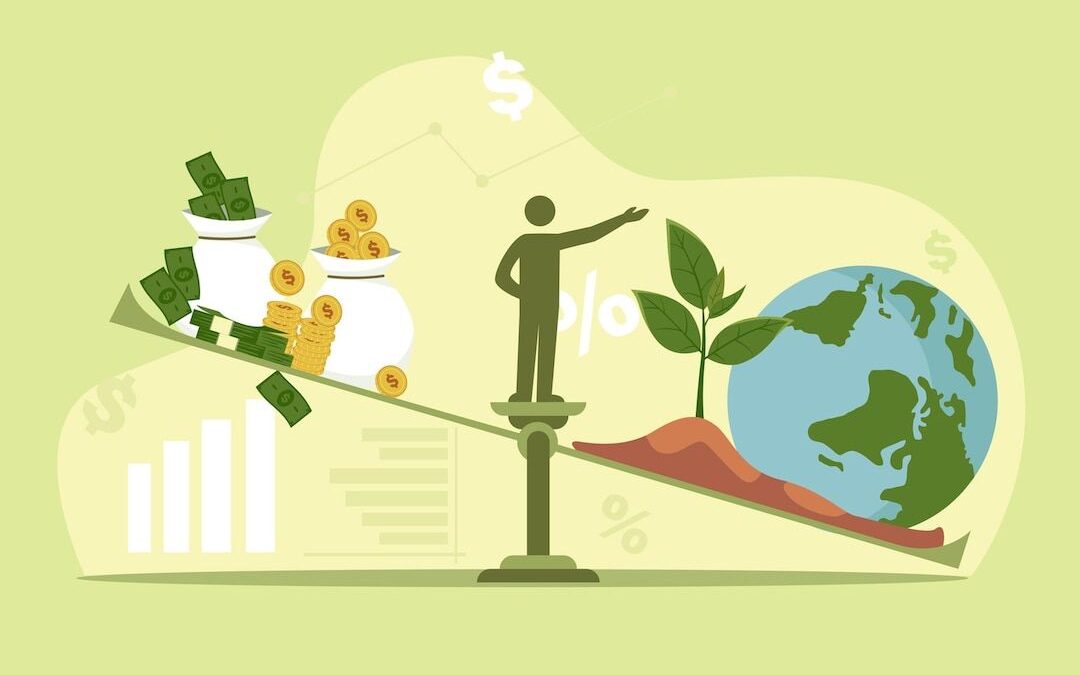Conferences of the Parties (COPs) are held under the United Nations Framework Convention on Climate Change (UNFCCC), a global treaty established in 1992. These gatherings function as the Conference of the Parties’ official meetings. COP meetings are generally focused on negotiations and arguments. The focus is to assess progress toward the UNFCCC’s main goal which is to minimize climate change. Sometimes, COP results in new agreements and treaties, frequently with the objective of revising targets, agreeing norms, or forming enforceable treaties, such as the Kyoto Protocol and the Paris Agreement. At COPs, Parties (governments) evaluate international efforts to achieve the primary goal of the Paris Agreement, which is to keep global warming to as little as 1.5°C over pre-industrial levels. Parties make decisions regarding strategies to reduce greenhouse gas emissions, adapt to climate change repercussions, address Loss and Damage (referring to financial assistance for vulnerable countries affected by floods, droughts, and other climate-related disasters), and provide support for countries to transition to sustainable economies and enhance resilience to climate change through finance, technology, and capacity-building.
Nearly 200 countries gathered in Baku, Azerbaijan, for COP29, which ended on November 24, 2024, which focused mostly on climate finance and resulted in a historic agreement on the New Collective Quantified Goal on Climate Finance (NCQG), with a new financial commitment to assist countries in safeguarding their economy and citizens from climate catastrophes while also allowing them to benefit greatly from the clean energy boom. Following two weeks of intense discussions and years of preparation, governments unanimously decided on a proposal which would triple the amount of money provided to developing nations by 2035, from USD 100 billion to USD 300 billion yearly. The developing countries should receive at least $1.3 trillion year in funding to help them transition to a low-carbon economy and combat the aftermath of extreme weather by 2035.
With the increasing effects of climate change on every country, this new financial aim is an insurance policy for humanity, offering crucial protection. However, it will only function if the premiums are paid in whole and on schedule, just like any other insurance policy. To protect billions of lives, promises must be fulfilled. By doing this, the objective would not only reduce risks but also support the clean energy boom, allowing all countries to benefit from its enormous advantages—more jobs, greater economic growth, and universal access to cleaner, more affordable energy.
Despite its ambition, this objective is still insufficient to meet the most pressing financial requirements of the most disadvantaged countries. The financial pledges are a long-awaited response to the 2009 COP15 commitment of $100 billion annually, which has mostly gone unfulfilled. If achieved, the tripling of funding would be a significant increase, but it’s crucial to keep in mind that climate finance is not a one-time payment; rather, it must be carefully distributed among mitigation, adaptation, loss and damage, and the structural adjustments required to move toward a green economy.
Climate finance is essential for vulnerable countries in the Global South, such as small island states and least developed countries (LDCs), to confront irreversible climate damage and move away from fossil fuels. However, there are significant concerns about the lack of clarity surrounding the financing structure, including grants or loans, the role of the private sector, and the openness of financial flows. Several developing countries are ill-prepared to successfully address the growing climate issues because of the ongoing climate financing gap, in which actual funding falls short of pledges.
COP29 brings attention to the underlying issue of climate justice. Addressing the deep injustices that characterize the climate problem is the goal of finance, which is more than just numbers. The countries that contribute the least to greenhouse gas emissions are frequently the most impacted, and their vulnerabilities are made worse by the sluggish pace of financial assistance.
Climate finance must be directed by the values of urgency and justice in order to fulfil its intended purpose. The world cannot afford to put off taking decisive action or disregard the opinions of those who are directly affected by the climate issue. Given the growing impact of climate change on all countries, this new financial goal provides vital protection and acts as an insurance policy for humanity.
The results of COP29 are both a step forward and an urgent reminder of the challenges ahead. The $1.3 trillion goal is a first step, but it is hardly the radical change required to solve the climate crisis. In addition to financial ambition, the global community’s future depends on political will, collaboration, and an unrelenting commitment to justice. Without these, the potential of COP29 could turn into yet another lost chance for humanity to combat climate change.
This article was first published in the December, 2024 edition of the Thinking Aloud



RECENT COMMENTS